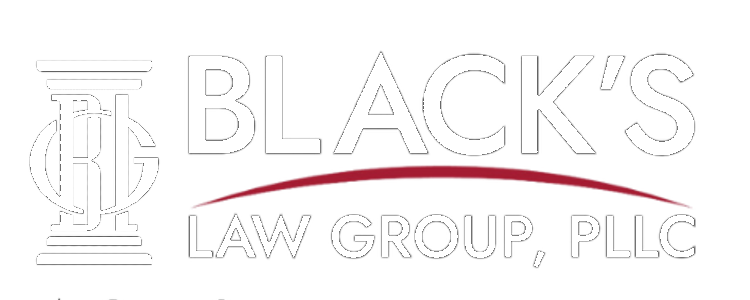In Connecticut, the civil court system operates under the jurisdiction of the Connecticut Judicial Branch. There are a number of different court jurisdictions that all fall within the civil court umbrella in Connecticut. They fall into the Superior Court, the Appellate Court, the Supreme Court, and the probate court.
The Superior Court is the main trial court in Connecticut, and it has primary jurisdiction over a variety of civil matters. It is broken up into different divisions that are created specifically to deal with cases such as housing, small claims, juvenile matters, matrimonial and child custody matters, and general civil claims such as bodily injury, contract disputes, discrimination, and any other non-criminal disputes. While there are certain cases that are all required to be heard at specific court locations throughout the state, most of these disputes can be heard locally at a courthouse in close proximity to the people involved.
The Appellate Court is an intermediary step that litigants can use to appeal decisions made at the Superior Court level which they believe were incorrectly decided. Some cases can be appealed directly to the Supreme Court, but most must first be appealed to the appellate court before going to the next level, the Supreme Court.
The Supreme Court is the highest appellate court in the state of Connecticut. Not every case that has a decision rendered in the appellate court will be selected to be reviewed by the Supreme Court. The litigants or their attorney must file a writ with the Supreme Court asking it to hear their case. If the case does not involve a constitutional question or a serious legal issue that needs clarification for the lower courts it is unlikely to reach the Supreme Court.
The probate court in Connecticut are courts specifically created to deal with wills, trusts, estates, conservatorships, guardianships, powers of attorney, and adoption. Some of these cases can go directly to Superior Court but not all. In adverse decision at the probate court can always be appealed to the Superior Court. Judges in the probate court system are elected, while judges in the superior, appellate, and supreme court are appointed by the governor.
Collectively these courts provide a robust system for resolving any and all civil disputes regardless of whether they involve monetary damages, family matters, property rights, or other legal issues.
At Black’s Law Group, we handle bodily injury, matrimonial, and contested probate matters throughout the state at the Superior Court and probate court levels.

